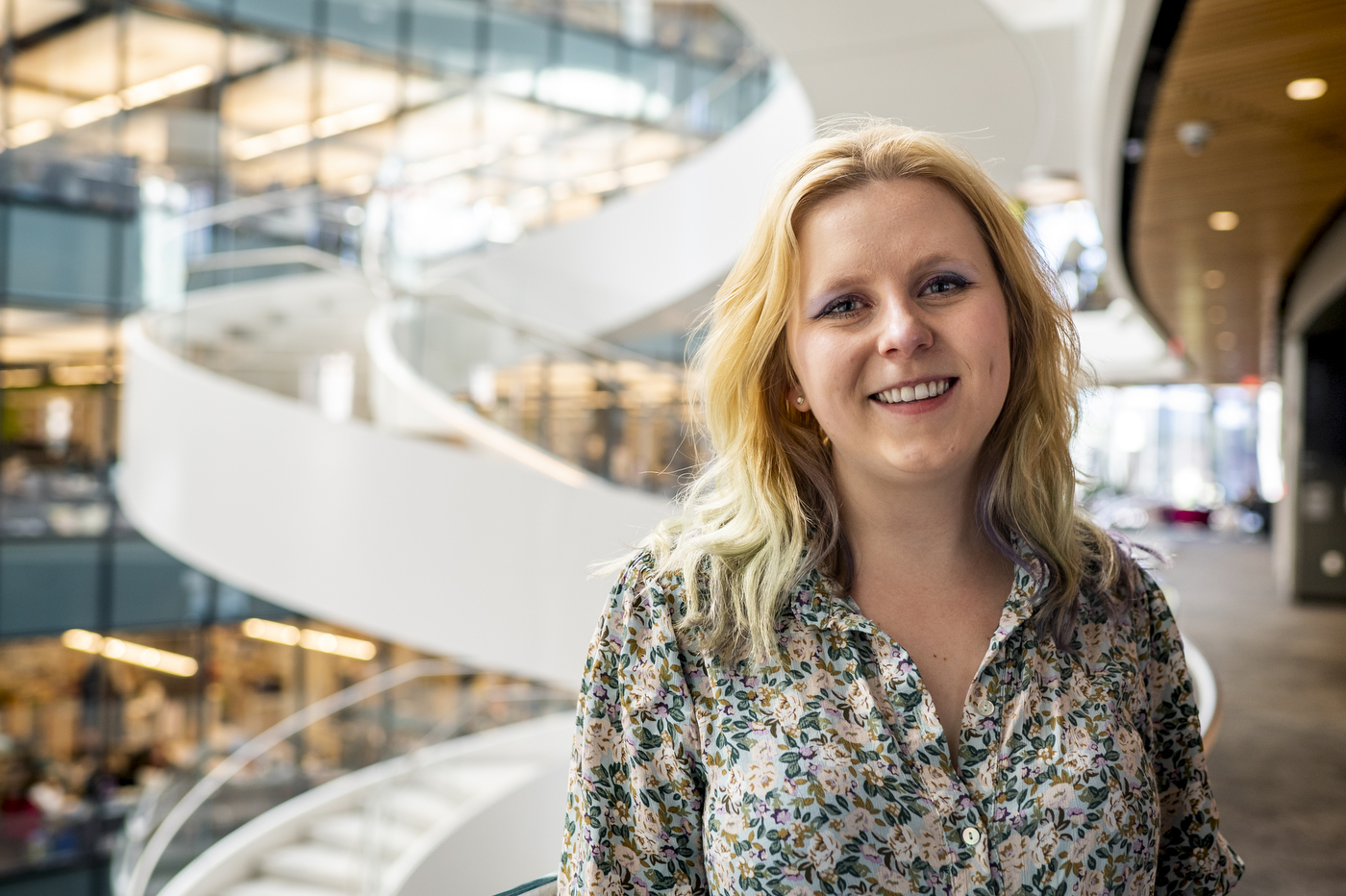During the reign of the former Soviet Union, Moldova was the agricultural hub of the federation. The country yielded crops under policies that pushed for production at any cost, but even three decades after the collapse of the Soviet Union, the fertile soils of Moldova are still paying the price for over-farming, says Avital Brodski, who will travel to the country in September to film a documentary about soil pollution as part of the U.S. Fulbright Student Program.
“About 70% of the country was used for agriculture during the Soviet Union, but today only about 30% of the land is arable,” says Brodski, who will graduate from Northeastern in May with a degree in environmental studies and media and screen studies.
Brodski, who grew up speaking Russian at home with her parents, will spend nine months traveling around the country filming and interviewing government officials and civilians about the consequences of unsustainable Soviet farming policies. The grant she received from the Fulbright program will cover living and travel expenses to and from Moldova.
“After the Soviet Union disbanded, Moldova received very little help from anyone else. They didn’t get any support from the EU or NATO,” Brodski explains. “But the growth in their GDP is better than the U.S.’s in terms of steady improvement over the years, so I want to investigate what’s causing this growth even as less and less of the land is able to be farmed.”
The production of wine is a major part of Moldova’s economy, Brodski says, and she hopes to capture in her film the crossover of agriculture, economics, and national identity as it pertains to wine.
Read more on News@Northeastern.
Photo by Alyssa Stone/Northeastern University.

